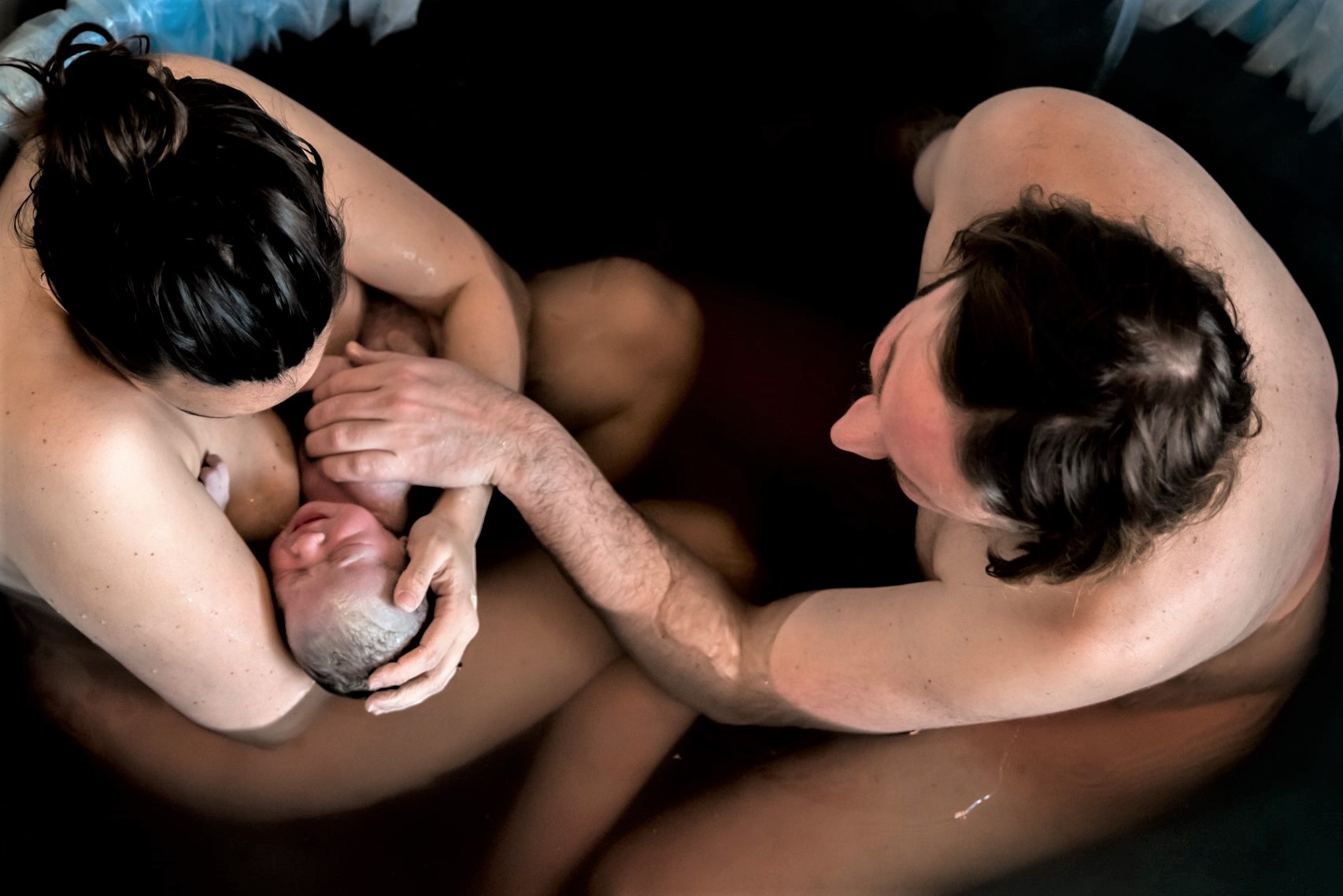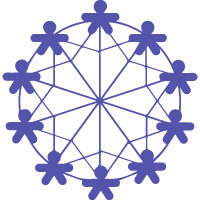Below, you find a general description of the presentations.
Content of the plenary sessions
Dr. Ank de Jonge
Confidently having a baby in a high-risk environment
It has never been as safe as it is right now to have a child in the Netherlands. Most pregnant women have no medical problems and have a good birthing experience and most babies are born healthy. Yet there has never been so much attention to what might go wrong. The focus in maternity care is on smaller and smaller (actual or perceived) risks and the number of medical interventions is rising. At the same time, care does not always reach the women and babies who need it most. In some groups the outcomes are worse than in others. In addition, there is a substantial group of women who do not experience respectful care.
Can we still have confidence in the perinatal care process? How do we support pregnant women and their families to increase the chance of good outcomes, without letting fear be a bad advisor? And how do we provide respectful, good care to all women and their families? These are the themes Ank will address in her plenary lecture.
Dr. Katarzyna Irena Veringa-Skiba
The power of mindful awareness in the transition to motherhood
Becoming a mother is perhaps one of the most transformative times in a woman’s life. This transformation is rapid and comprehensive, which means that women can lose faith in the good outcome. In fact, carrying and birthing the child can feel like a threat. The brain begins to have trouble understanding the signals from the body and mind. A mismatch arises in the system in the interpretation of what should or should not be experienced as normal. This creates a downward spiral of fear, in which safe situations and processes are perceived as unsafe.
This process causes toxic stress for the expectant mother, sometimes with serious consequences for her and her unborn child. Her behaviour is also negatively affected by it: there may be avoidance of the unborn child, of the challenges of childbirth and of contact with the newborn. Mindful awareness is the most powerful remedy to break this downward spiral.
In her lecture, Katarzyna takes the attendees to the power of attuned presence or mindful awareness. This body of knowledge was born through the collaboration of various disciplines, such as clinical and Buddhist psychology and neuroscience. The problem of anxiety in the perinatal period is so urgent that every care provider in the birth care chain has an urgent responsibility. Doing nothing is not an option. A small change in the now can have major consequences in the future, both positively and negatively. Mindful awareness and attuned presence of the caregiver is therefore of inestimable added value in the period around birth.
Content of the presentations in the workshop rounds
Dr. Ank de Jonge
Choosing and deciding in maternity care
A woman makes her own choices during pregnancy and birth. That’s how it should be. However, to make good choices, women need information. Many women experience that interventions are performed without them being informed or having given permission. Some women do not mind about that. Does that mean that it is not necessary to provide information? Can women make an informed choice in emergency situations? How do we translate findings from studies to the individual situation of women? How do we tell a woman about risk without undermining her confidence? How do we support her to make choices?
In this workshop, Ank will present findings from studies on risk, differences in the use of medical interventions and respectful perinatal care. She discusses with the attendees whether they recognise these findings and how care can be provided that is more respectful and appropriate for women and their families.
Dr. Katarzyna Irena Veringa-Skiba
an exercise in mindful awareness
In this workshop, Katarzyna will guide a mindfulness meditation. During this exercise in mindfulness, the attendees will discover what the mind does during such a meditation and how the practitioner can regulate the mind. Afterwards, Irena will talk with the group about the experiences from this meditation.
Nienke Stoop
Anxiety reduction through heart coherence and polyvagal theory
The theme of this workshop is stress regulation and coregulation, or in other words: the physiology of safety and connection. This will include how you can guide a client from fear to confidence with the help of heart coherence.
An important condition for development and growth in the first 1000 days is the presence of an involved ‘other’ who is responsive to the feelings and needs of the young child. Preferably, these are the parents. The healthcare professional, however, can also be an important ‘other’. From contact with the midwife to consultations with the youth nurse or doctor at the well-baby clinic: the healthcare professional can be one of the many adults who can let the child have an experience of responsive care and involvement.
When caregivers understand how to support a state of safety and openness within themselves through their nervous system, they can transfer this to the parents and children they work with. In this workshop explanations are combined with practical exercises that are easy to learn and can be applied in different circumstances.
Sylvia von Kospoth
DEALING WITH MOTHERS WITH A COMPLEX HISTORY
The tension in healthcare is not the only crisis at the moment. We live in a changing world, where nothing is certain anymore; even the unborn life is under pressure.
In response to the documentary ‘Good Mothers’, Sylvia will, during her lecture, explain the value of the biological bond between mother and child. She will talk about how the care system has developed a ‘referral culture’ and how care providers can become captured by ‘the research’ and mantras such as ‘safe care’, ‘mother and child at the centre’, ‘best care’.
Sylvia supports the attendees in zooming out, so as to gain more insight and overview and to maintain an inquisitive attitude.
Monitoring and control of the health of mother and child and intercollegiate cooperation require awareness, continuous coordination and often an extra effort on the part of the care provider. Does this extra effort really improve the quality of care or are care providers becoming more and more dependent on technological control?


